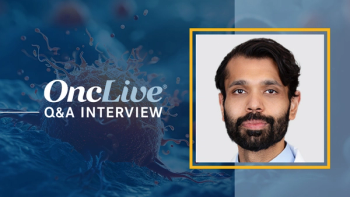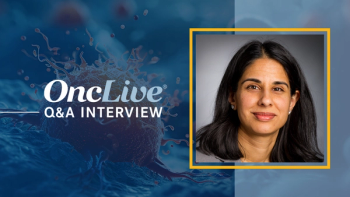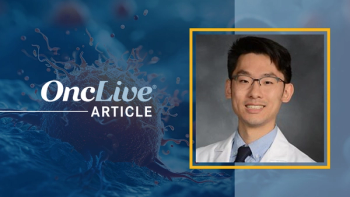
- November 2011
- Volume 12
- Issue 11
Planned Cooperative Group Merger Is Generating Concern
A proposed overhaul of the NCI's clinical trials system has created anxiety among gynecologic researchers who fear projects in women's cancer will be diminished in a scramble for funding with more common malignancies.
J. Tate Thigpen, MD
Professor Department of Internal Medicine
Director, Division of Medical Oncology
University of Mississippi Medical Center
Jackson, MS
A proposed overhaul of the National Cancer Institute’s clinical trials system has created anxiety among gynecologic researchers who fear projects in women’s cancer will be diminished in a scramble for funding with more common malignancies.
Plans under discussion call for consolidating the 10 cooperative research groups into 4 adult groups and 1 pediatric group. The Gynecologic Oncology Group (GOG) would be merged with the National Surgical Adjuvant Breast and Bowel Project (NSABP) and the Radiation Therapy Oncology Group (RTOG).
“It’s a merger that really doesn’t make a lot of a sense in that each of the groups has entirely different interests,” said J. Tate Thigpen, MD, of the University of Mississippi Medical Center, who has been involved in discussions about the planned merger. “Most of us in the gynecologic research area are concerned that the gynecologic cancer research is going to take a back seat to breast cancer, colorectal cancer, or the other extremely common cancers.”
Nevertheless, Thigpen said, “Since the merger is going forward, we plan to do everything we can to make it work despite doubts about the wisdom of the merger.”
The move to revamp the current system has been building since early 2010, when the Institute of Medicine (IOM) launched a consensus study of cancer clinical trials and the Clinical Trials Cooperative Group Program.
The program has grown since the 1950s into 10 groups involving more than 3100 institutions and 14,000 investigators, with more than 25,000 patients enrolled annually in clinical trials, according to an IOM report on a workshop held in March.1
In fiscal 2007, cooperative groups received $361 million in direct and indirect funding.
The IOM panel members believe the system faces many challenges. “Stagnant and declining funding, inefficient processes, extensive and complex government oversight, and a lack of resources to pursue cutting-edge research hinder the Cooperative Group Program’s ability to translate research discoveries into timely clinical applications,” the workshop report said.
Patient Accrual in GOG Studies
GOG indicates Gynecologic Oncology Group. Source: Gynecologic Oncology Group. The GOG white paper.
In gynecologic cancers, however, the GOG has developed a funding system that led to the expansion of the number of institutions and patients participating in clinical trials, according to the Society of Gynecologic Oncology (TABLE).2
Thigpen said the consolidation is aimed at avoiding duplication but that “there’s nothing to synergize with from the standpoint of gynecologic cancer research because nobody else is doing that, except for the very occasional protocol that the RTOG does with us.”
Regardless, the planning is moving forward, with a new system of awarding grants expected to be in place by mid-2012.
Gynecologic researchers are working to ensure the best possible consolidation outcome, particularly since funding for clinical trials already is woefully low.
“Our institutions generally are reimbursed for case accrual to study at a rate of about $2000 to $2500 a case, and the true cost of putting a patient on study is substantially higher than that,” said Thigpen, estimating costs now range from $8000 to more than $10,000 per case.
References
- Mack A, Nass SJ. Implementing a national cancer clinical trials system for the 21st century. http://www.nap.edu/catalog.php?record_id=13154. Institute of Medicine workshop summary. Published 2011. Accessed November 9, 2011.
- Society of Gynecologic Oncology. Pathways to progress in women’s cancer: a research agenda proposed by the Society of Gynecologic Oncology. www.sgo.org/Government_Relations/Pathways_to_Progress_Research_Report/ Published September 8, 2011. Accessed November 9, 2011.
Articles in this issue
about 14 years ago
Using Molecular Markers in AML for Prediction, Treatment, and Monitoringabout 14 years ago
New Assays Open Window in Evaluating Leukemia Typesabout 14 years ago
HPV Vaccine Recommendation for Boys Viewed as Necessaryabout 14 years ago
Phosphorylation: The Master Switch of the Cellabout 14 years ago
5 Questions for Martin Steffen, MD, PhDabout 14 years ago
Emerging Biomarker Science Presents Practical Questions


































